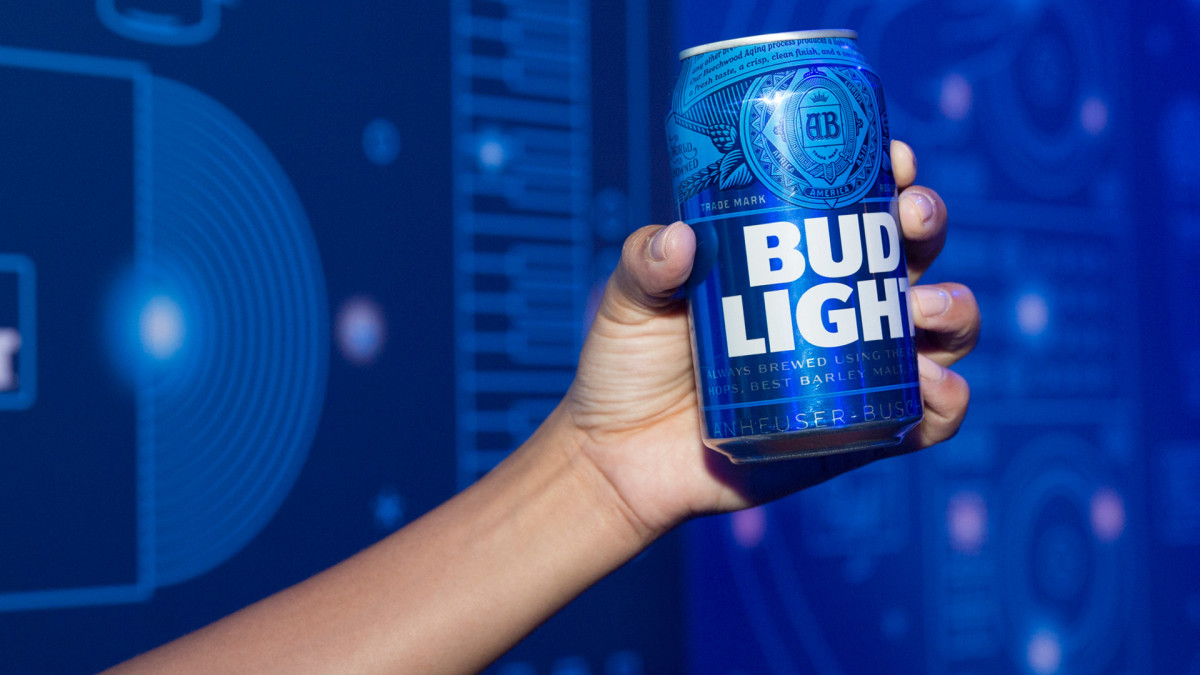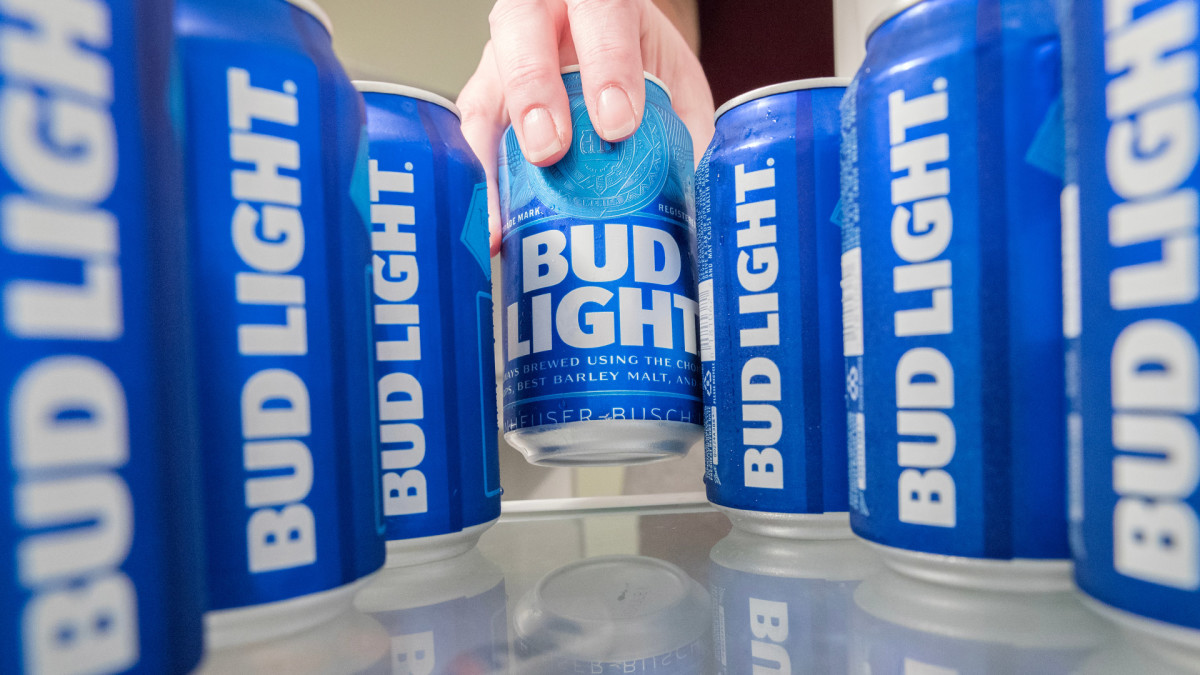
Anheuser-Busch InBev CEO Michel Doukeris faces a problem of his company's own creation.
For decades, the Budweiser marketing recipe had been simple. Give beer drinkers images of people having a good time, throw in some sports, maybe some women in bikinis, and balance that with a heavy dose of Americana.
Budweiser was the brand that saluted veterans, celebrated the NFL, and made people teary with ads featuring its famous Clydesdale horses. Bud and Bud Light were brands that wrapped themselves in the American flag in vague ways that never touched the third rail of politics.
Related: Bud Light faces a new scandal Anheuser-Busch could have seen coming
Yes, there was a bit of a Ronald Reagan 80's right-wing feel to the brand's marketing but it was never overtly political. People on the left might take issue with some of the ways women were portrayed in ads, but other brands were way worse, and liberals like horses, football, and barbecues just as much as anyone else.
The problem that Anheuser-Busch InBev BUD and Doukeris face now is that things that were once seen as marketing moves that weren't political are no longer viewed that way. That's not a super clear standard as Target faced customer boycotts over its Pride Month merchandise while Walmart and Starbucks were mostly ignored for theirs.
Still, after the backlash Anheuser-Busch faced when it brought back its LGBTQ+ supportive rainbow cans in 2022, the company could have seen the warning signs. That move was followed by Bud Light partnering with transgender social media influencer Dylan Mulvaney for what should have been a small, under-the-radar outreach effort to increase the brand's sales to Mulvaney's followers and the broader LGBTQ+ community.
That decision, which had limited upside, led to the massive boycotts that have caused Bud Light to lose over 25% of its sales and fall from its position as the top-selling beer in the world.
Doukeris addressed Bud Light's sales and its future during his company's recent third-quarter earnings call.

Image source: Shutterstock
Anheuser-Busch CEO makes a pledge, but not an apology
Doukeris likely did not sign off on the Mulvaney partnership as it was a very small, social media-only deal. It's possible he was aware of it and simply believed that Bud Light drinkers would not care if the company was trying to grow outside its traditional audience.
The CEO has made it clear that he understands what lapsed customers want from their former favorite beer.
"Consumers continue to want the Bud Light brand to concentrate on the platforms that all consumers love, and we are doing just that through investing in partnerships with the NFL, Fields of Honor, news platforms, college football, and our recently announced return to partnering with the UFC. Two, they want Bud Light to focus on beer," he said.
Basically, Doukeris has learned that Bud Light drinkers — at least many of the 260,000 of them his company has interacted with since the boycott began — don't want anything they view as political associated with their beer. Anheuser-Busch and Doukeris may not see a marketing partnership with a transgender person as being political, but the CEO now clearly understands that a large portion of his company's audience does.
"They want that beer without a debate. We are taking the feedback and working hard toward our consumers' business every day across the world," Doukeris added.
The CEO, who never stood up to protect Mulvaney but who has also not apologized for the partnership, seems resigned to doing what it takes to appease his customers.
"The Bud Light 'Easy to Summer, and 'Easy to Sunday' campaigns are all about bringing people together over a beer for the moments that matter. Notably, a recent survey found that over 40% of lapsed Bud Light drinkers said that they are now more open to come back to drinking Bud Light," he noted.
Anheuser-Busch InBev saw its revenues decline by 13.5% in the quarter, which the company blamed primarily due to volume decline of Bud Light.







